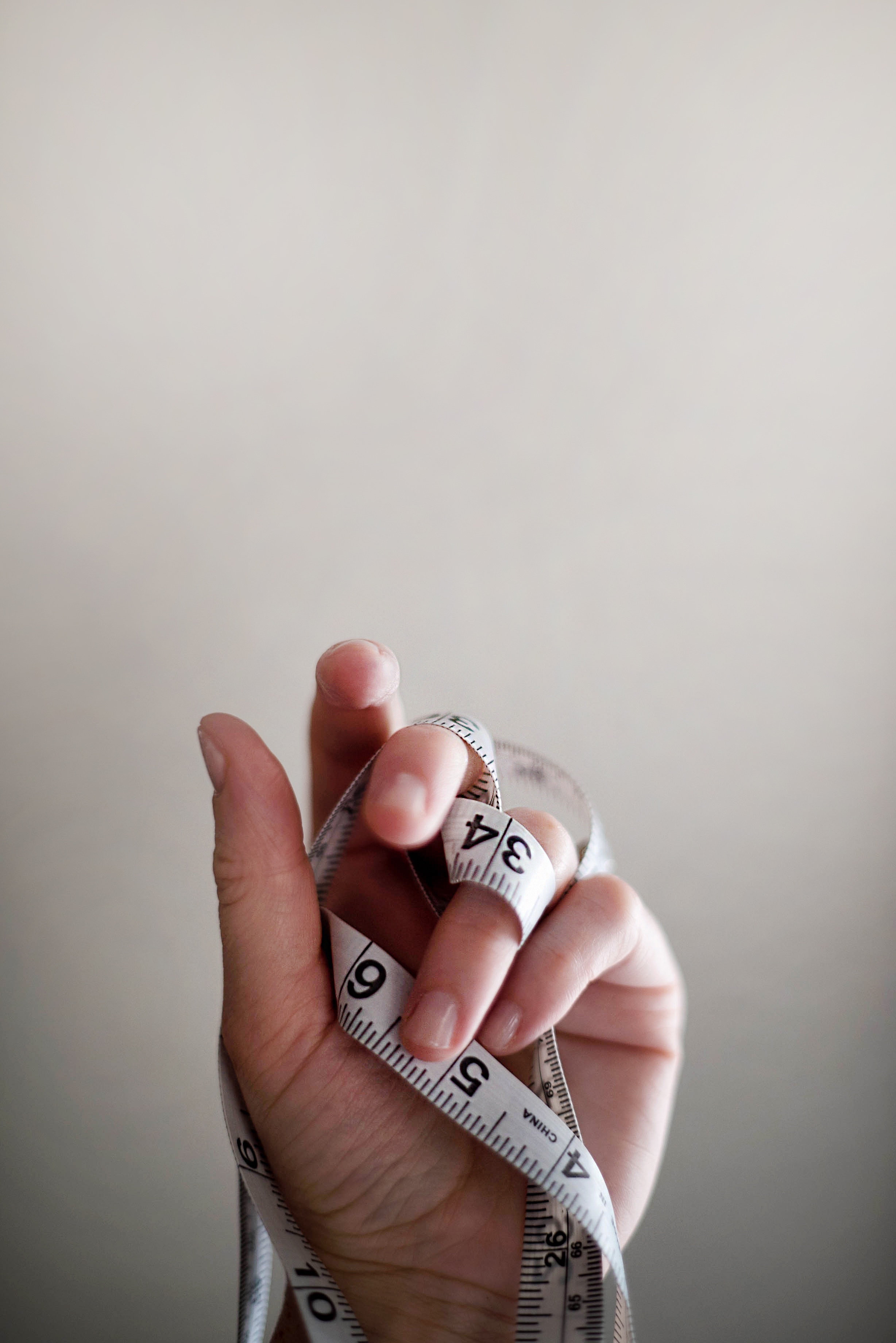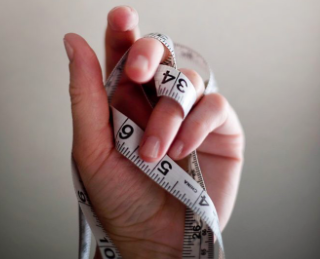I keep trying to lose weight… but it keeps finding me! ~ Author Unknown
Recently I have been thinking a lot about food and dieting. People wish to change what or how they eat for a variety of reasons – in response to a health problem they may have, to lose weight or to become generally healthier. While there are some diets that we may take on for particular health reasons, such as to reduce the risk of cancer or heart disease, the thoughts that follow are really for people who wish to become thinner.
 Is the information clear?
Is the information clear?
When we start looking at what information is out there, we can quickly become confused by the enormous amount of books, videos and self-help information much or which contradicts what others may say. But the one common aspect of many diets is that it is very difficult to stay on them.
If you are coaching yourself or asking someone else to help you to ‘become thin’, it becomes a continual conscious effort to eat less or eat the right foods. A better response is to look at changing the response to signals from the brain about eating, or if you like, behaviour modification. Paul McKenna has developed some simple rules which are more about how we are conditioned by eating rather than the actual food we eat. Here they are.
Eat when we get hungry
We are all conditioned to eat at certain times. We also eat less if we are busy, and are likely to eat a lot more on special occasions. We may also eat more at times when we are stressed, but I will talk more about this ‘emotional hunger’ later on.
If we ‘listen to our body’ we will recognise when we are getting hungry and that is the time we should eat.
Eat slowly and enjoy every mouthful
We seem to spend more time than we ever did thinking about food. Just think about the large number of TV programmes about preparing and cooking food there are now. However when it comes to eating the food, when often go into some sort of trance, and try to get it eaten as quickly as possible.
And we also want to do some other activity while we are eating, usually watching TV or sometimes reading or talking on the phone.
By slowing down the rate at which we eat (a good tip is to put your knife and fork down between mouthfuls) we begin to savour and enjoy the tastes and sensations of our food.
By doing nothing else but eating we can enjoy what we are eating so much more and we are also able to concentrate on the following:
Stop eating when you think you are full
I think one of my most powerful pieces of conditioning around food is to eat everything until your plate is empty. When we were young children most of us were told to eat everything off our plates, and then we may get to have ‘pudding’. However, the natural design of our bodies is to eat when we are hungry and stop when we are full.
McKenna’s view is that to get slim and stay slim we need to “re-sensitize ourselves to our ‘inner thermostat’ so we can stop eating when we are full and feel good for the rest of the day.”
Eating and never feeling full
The main reason we eat when we are not hungry is to cover up a negative emotion or fill an emotional hole. We can tell if the hunger is emotional by these things:
- It is a hunger that can come on very suddenly whereas physical hunger is gradual.
- It is hunger that cannot be satisfied with food. It is about changing our feelings. In reality, no amount of food will help.
But what can we do about it? We must start developing a set of activities that we enjoy and can sooth us emotionally. These may be anything from reading a favourite book to going for a walk to watching an old movie to writing in a journal or just sitting still and enjoying the view.
Ron Tustin
Revive and Thrive Coaching
Read Ron’s Blog
www.reviveandthrivecoaching.com
info@rtc.org.nz
Ph 0800 003679
Motivating baby boomers to see the world with fresh eyes.









Join the Discussion
Type out your comment here:
You must be logged in to post a comment.